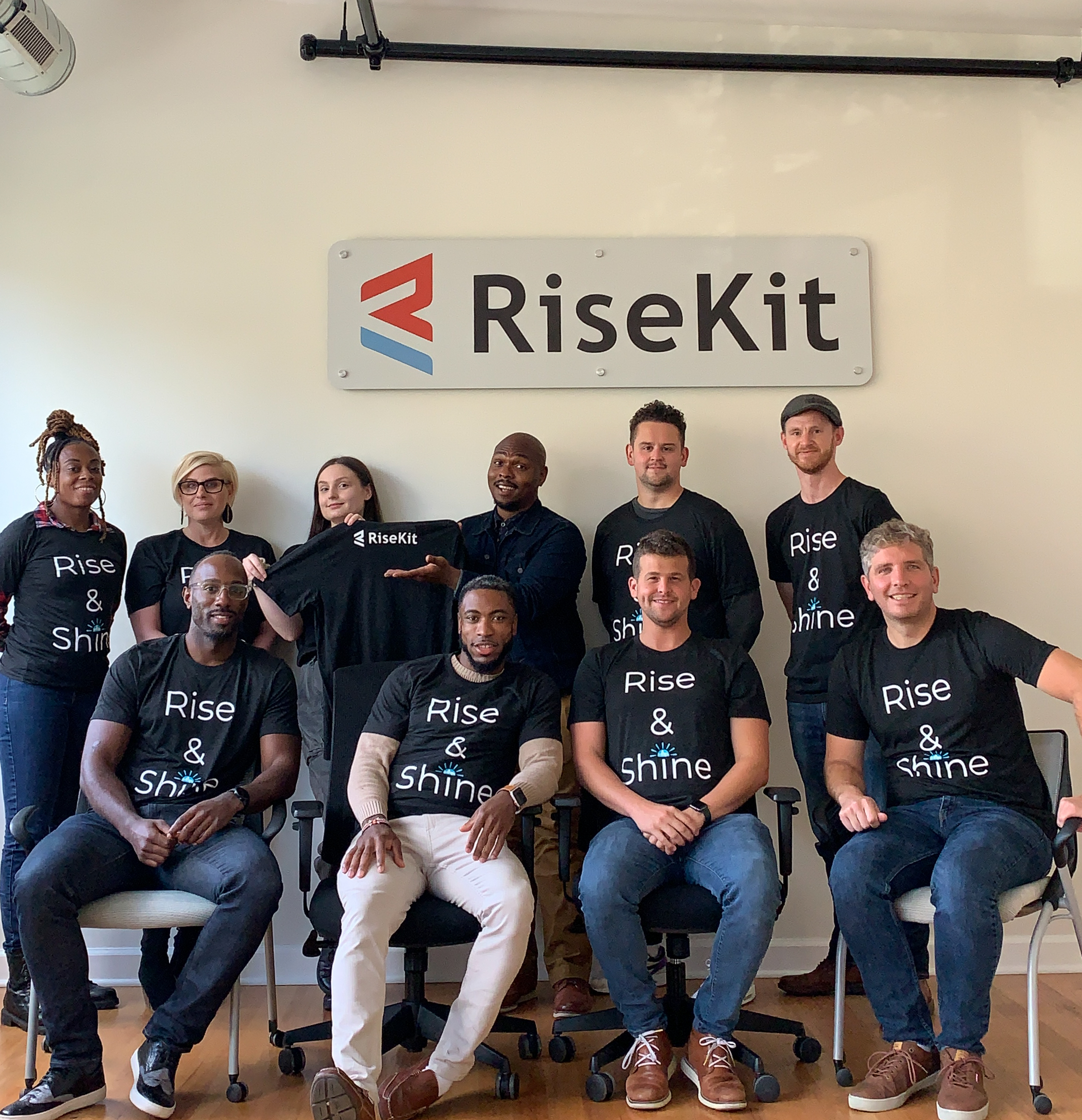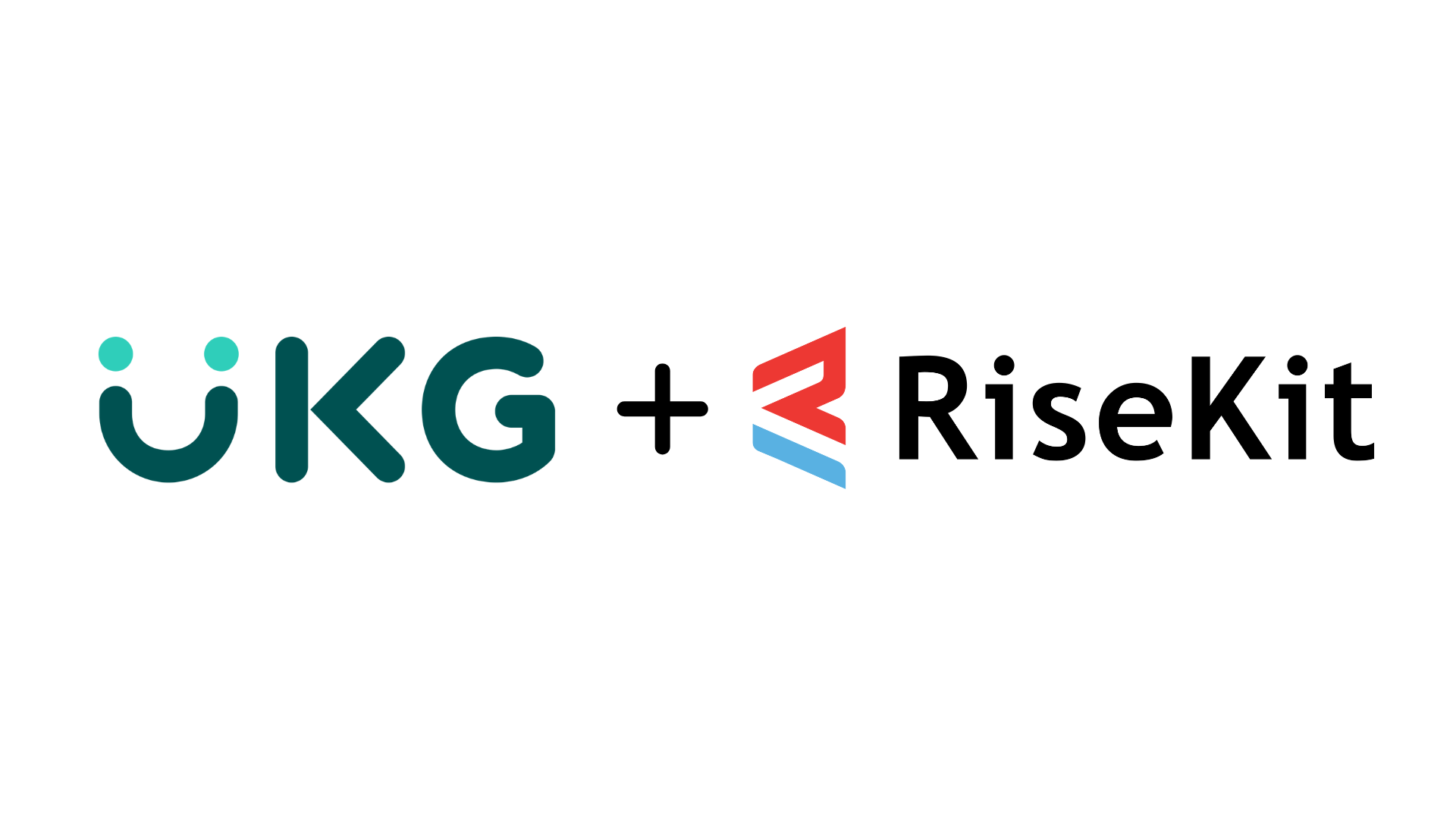Why Companies Should Hire Entry-Level Talent
Published:
It may appear evident that a candidate with more experience is a better choice than a newcomer, but this is not always the case. Although training new hires with less work experience in your field may require more upfront time, it can pay off greatly in the long run. By working with Risekit to hire entry-level talent, you can expect the following benefits:
1. You can train them: A less experienced candidate, unlike a veteran worker with a long history of positions, does not typically come with pre-established methods, ingrained workplace habits, and strong personal biases. They're less likely to be set in their ways and more likely to welcome your input and direction on how you want things done. They are likely to be eager to please, anxious to learn, and adaptable in the face of change. You will have the opportunity to train a new employee from the ground up on your best practices and company culture.
2. New ideas: Employers frequently cite this as one of the most important reasons for hiring entry-level workers. "One of the great things about younger employees is that they see our business with fresh new eyes, rather than people who have been doing the same job for decades," says David Lee of CPD Online College. "This brings new ideas and ways of working, so they can teach our existing staff something they might have overlooked."
3. Digital natives: Having grown up with technology, this group can offer invaluable skills to businesses looking to innovate and stay ahead of the competition. They may advocate for new software that automates processes, create social media content that engages customers or tabulate data to improve business outcomes.
4. Workplace diversity can increase: Entry-level hires – young professionals and career changers – may help increase workplace diversity.
We can think of workplace diversity as a mingling of people's values, perspectives, and ways of thinking. Gender, age, ethnic background, educational qualifications, professional experience, life experience, and other factors can all contribute to such differences.
A diverse team can bring different perspectives and multiple problem-solving processes. This will assist your company in analyzing issues in new ways, maximizing out-of-the-box thinking, and making more inclusive decisions.
5. Employers can mentor entry-level talent: Many managers and employers are interested in developing entry-level employees to advance to more senior positions. The improved skills and experience of entry-level workers will benefit the team and the company.
When considering hiring entry-level employees, contemplate the advantages of hiring for potential and competency rather than professional experience. Using the RiseKit philosophy, you should aim to hire for talent, aptitude, and learning agility and train for skills. Suppose the interviewee has a track record of applying passion, persistence, and leadership skills to their college experience or community service; you should consider them for the position. Furthermore, by working with RiseKit, we can provide you with best practices to help your organization be successful in developing the talent of an entry-level professional, which is likely to be rewarded by the worker's dedication and loyalty.




